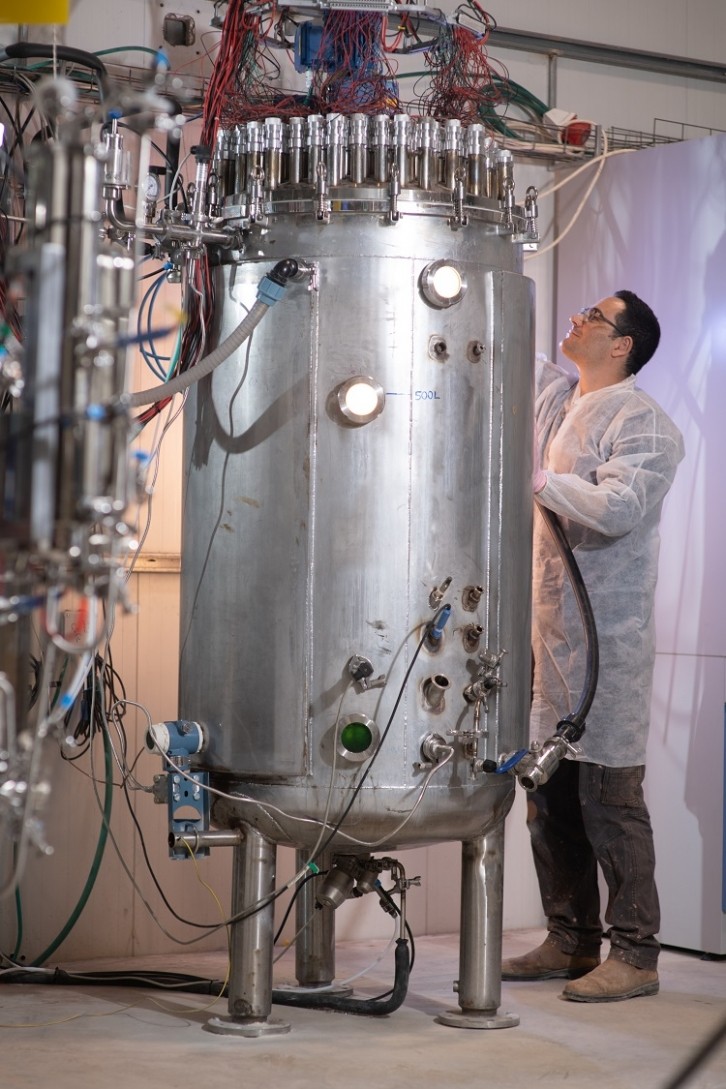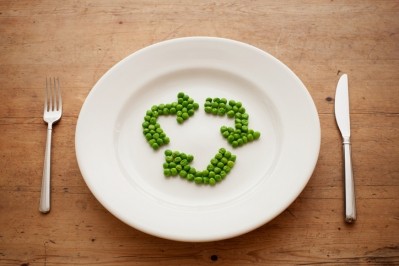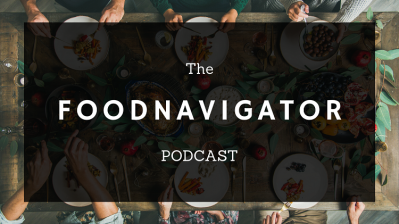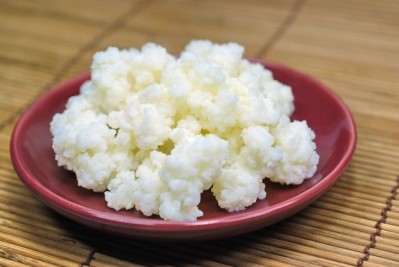‘The most sustainable protein on the planet’: Microalgae protein company first to combine fermentation with light in production process

When microalgae are normally produced, it is either through photosynthesis in ponds or closed reactors, or in fermentation tanks with added sugar. However, producing them through photosynthesis is very labour intensive, often producing low yields due to contaminations, and in fermentation tanks the absence of light means that a lot of the ingredients, benefits and functionalities of the microalgae are lost.
Brevel’s process is different. The Israel-based company, which makes microalgae-based alternative proteins for the dairy industry, claims it is the first company globally to combine sugar-based fermentation and light in a single process. "We produce affordable microalgae at very high yields which are rich with all of the functionalities, ingredients and nutrients that are only produced in the presence of light," Yonatan Golan, CEO and Co-Founder, told FoodNavigator.
“The microalgae are grown in our unique fermentation+light reactors. They are then harvested on a daily basis, separated from the water in which they grew and then we mechanically break the cell walls. The biomass is then passed through a series of processes to extract several different protein fractions as well as co-products such as lipids, pigments, fibres and more.”
The light is also key to producing Brevel’s co-products. “Light enables the production of valuable co-products alongside protein which significantly increase profitability and enable the price reduction of protein to the level that cost-parity with pea and even soy is possible. These other valuable co-products are functional polar-lipids which are excellent emulsifiers for the food industry and are needed in very large quantities, pigments and more.”
Dairy non-milk
Brevel makes proteins for egg and dairy substitutes. Many of the existing alternative protein sources for plant-based dairy and egg, such as soy and pea, are allergenic and have strong flavours, two things which Brevel aims to avoid with its protein.
“Brevel's protein can be seamlessly incorporated, significantly boosting nutritional value and enhancing texture without compromising on taste, colour, or cost,” Golan told us.
“Our protein concentrate comes as a dry powder which can be simply added directly to formulations. Our partners today add it in different forms - either directly as powder, or apply some processes such as homogenization, secondary fermentation, etc. to increase its solubility, extract additional flavours and more. This depends on their specific needs and preferences.
“The protein has a full amino-acid profile similar to that of eggs, is non-allergenic, highly soluble and with high digestibility.”
As well as the nutritional benefits, the protein has strong functionality potential. It “acts as an excellent emulsifier, can replace eggs in products like mayonnaise, as a foaming agent in pastries and other applications and we are now diving deep into additional functionalities such as gelation and binding.”
Even in taste, according to Golan, it’s very well-suited to dairy products. “Brevel's protein has a very mild flavour and colour which makes it very suitable for food applications where flavour masking is not an option,” he said, “mostly plant-based dairy and egg alternatives.”
Let there be light
One of Brevel’s biggest selling points is the high sustainability of its protein, even compared to other plant-based proteins.
“Microalgae are by far the most sustainable source of protein on this planet,” Golan told us. “Compared to soy which is the leading plant-based protein today, microalgae are 99.95% more efficient in terms of land, 67% more efficient in GHG emissions and 55% more efficient in water usage.
“In order to produce 1 ton of protein from beef, you need the equivalent of 230 football fields vs 5 football fields for a ton of soy protein. For comparison, a ton of microalgae protein would require only a fraction of that at less than one basketball court.”
After raising $18.5 million in seed funding, led by NevaTeam Partners and supported by the European Union’s EIC Fund, the company plans to expand its production capacity from 500 to 5000 litres, eventually planning a 900,000 litre facility by 2025.
It is also collaborating with joint-venture partners in Europe, the US, the UAE and elsewhere in Asia to build more factories.
“The funds raised will be used to provide an alternative protein that is neutral-tasting, functional, highly sustainable and affordable to the mainstream food industry,” Golan told us.
“Brevel is piloting with a variety of food manufacturers worldwide to develop plant-based food applications with Brevel’s protein. The first products incorporating Brevel’s protein inside are expected to be on shelves during 2024.”



























